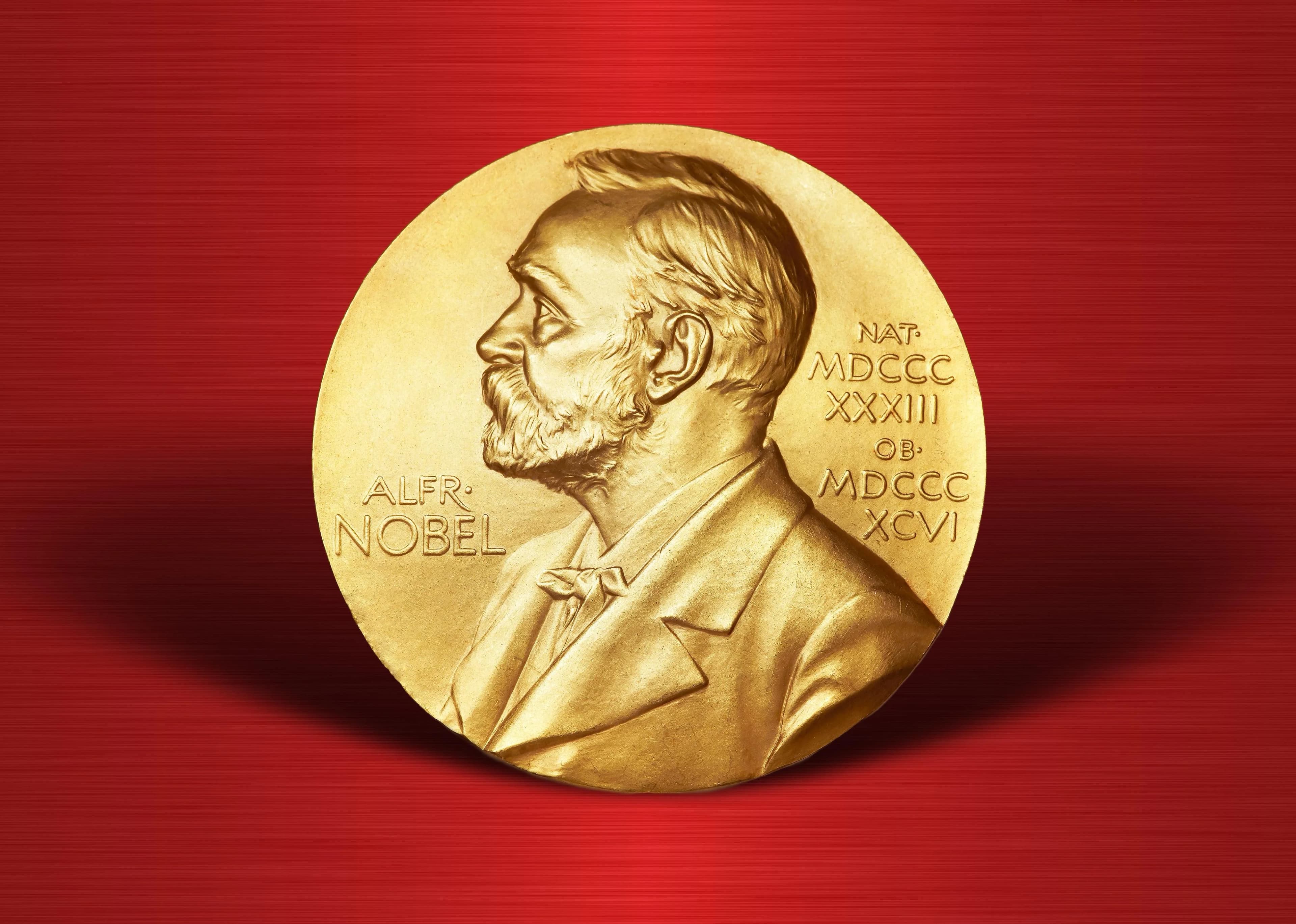The 2025 Nobel Prize Winners: A Historic Year

Medicine / Physiology: Guardians of the Immune System
On October 6, the Nobel Prize in Physiology or Medicine 2025 was awarded to Mary E. Brunkow, Fred Ramsdell, and Shimon Sakaguchi for their discovery of the mechanisms behind peripheral immune tolerance. (nobelprize.org)
Their research revealed how the immune system avoids attacking the body’s own tissues. By uncovering the role of regulatory T cells (Tregs) and the FOXP3 gene, they paved the way for new treatments against autoimmune diseases, cancer, and transplant rejection. (nobelprize.org)
Montreal’s medical community hailed the decision: “It bridges basic science and clinical practice beautifully,” said one immunologist from the CHUM hospital.
Physics: Quantum Behavior at a Macroscopic Scale
On October 7, the Nobel Prize in Physics 2025 went to John Clarke, Michel H. Devoret, and John M. Martinis for demonstrating that quantum effects—such as tunneling and energy quantization—can be observed in macroscopic electrical circuits. (nobelprize.org)
Their work laid the foundation for today’s quantum technologies, including quantum computing and ultra-sensitive measurement systems. In Montreal, researchers celebrated how this recognition brings the quantum revolution closer to practical industry applications.
Devoret, now Chief Scientist of Quantum Hardware at Google, represents a bridge between academic physics and industrial innovation. (blog.google)
Chemistry: Materials That Could Change the World
On October 8, the Nobel Prize in Chemistry 2025 was awarded to Susumu Kitagawa, Richard Robson, and Omar Yaghi for developing metal-organic frameworks (MOFs) — porous materials capable of trapping CO₂, capturing water from air, purifying liquids, and storing gases. (The Guardian)
With climate change at the forefront of global concern, this discovery has immense potential for sustainability. Montreal-based chemists praised how “molecular design” is being translated into solutions that address environmental challenges.
Literature: Krasznahorkai’s Dark Vision of Humanity
On October 9, the Nobel Prize in Literature was awarded to Hungarian novelist László Krasznahorkai, renowned for his dense, apocalyptic prose and existential themes. (AP News)
His works — including Satantango and The Melancholy of Resistance — confront the reader with moral collapse and absurdity in modern society. In Montreal, several of his books have long been part of Francophone literary circles. Local critics called the award “a triumph for literature that dares to go deep.”
Peace: María Corina Machado and the Fight for Democracy
Finally, on October 10, the Nobel Peace Prize 2025 was awarded to Venezuelan opposition leader María Corina Machado for her non-violent struggle for democracy in Venezuela. (AP News)
The Nobel Committee praised her as “one of Latin America’s most courageous civic figures,” honoring her persistence despite political bans, threats, and exile. (Wikipedia)
In Montreal, human rights advocates and university groups called it a timely reminder that democracy must be continuously defended. Machado dedicated her prize to “the Venezuelan people and the global pursuit of justice.”
The 2025 Nobel Legacy: A Year That Connects Worlds
This year’s Nobels highlight the rich intersection of disciplines:
- In science, quantum physics, immunology, and materials chemistry continue to redefine what’s possible.
- In literature, complexity and despair are given poetic dignity.
- In peace, civic courage becomes the moral frontier.
For readers in Quebec, the 2025 Nobel season is a reminder that curiosity, courage, and creativity remain the pillars of progress — from the lab to the page, and from Caracas to Montreal.
Sources:
- Reuters – Immune system breakthrough wins Nobel medicine prize for US, Japan scientists
- Le Monde – Nobel Prize in Physics honors three pioneers of the quantum computer
- The Guardian – Nobel Prize in Chemistry awarded to scientists for work on porous materials
- AP News – Venezuelan opposition leader María Corina Machado wins the Nobel Peace Prize